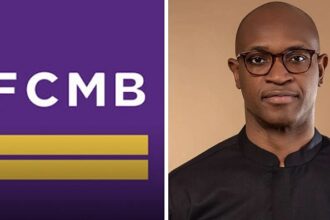Sterling Bank Plc has attributed the controversial opening of a bank account in the name of a Lagos resident, who had no dealings with the institution, to what it described as an “email error” by another customer.
In a letter dated August 6, 2025, addressed to the lawyers representing Olalekan Adejumo (not real name), the bank explained that a separate customer who shares the same first and last names as Adejumo had inadvertently provided Adejumo’s email address during the account opening process.
“Following an investigation into the complaints outlined in your letter, we wish to inform you that another customer, who shares your client’s first and last name, inadvertently provided your client’s email address,” the bank wrote.
Sterling Bank further stated that Adejumo’s email address had been permanently removed from its records and assured that no further messages related to the account would be sent to him.
Background of the Incident
On July 18, 2025, the Foundation for Investigative Journalism (FIJ) published an exclusive report detailing how Adejumo received an email from Sterling Bank notifying him that a new bank account had been opened in his name on July 9, 2025.
According to the report, Adejumo had never been a Sterling Bank customer, never visited any of its branches, never initiated any account opening request
Despite this, he received no fewer than eight separate email verification alerts from the bank within a short period.
The situation took a more concerning turn when a transaction was recorded on the account the same day it was opened. One LEGBETI Anuoluwapo Valerie deposited ₦5,000 and withdrew it immediately.
Public Outcry and Delay in Bank’s Response
For three weeks after the story was made public, Sterling Bank offered no public comment or clarification, despite repeated protests from Adejumo and growing public concern over potential identity theft and lapses in account verification procedures.
The August 6 letter marks the bank’s first official response to the incident, shifting the cause to customer error while maintaining that corrective measures have now been taken.
The incident has sparked debate over Know Your Customer (KYC) compliance in Nigeria’s banking sector and the potential misuse of personal information in account creation processes.















